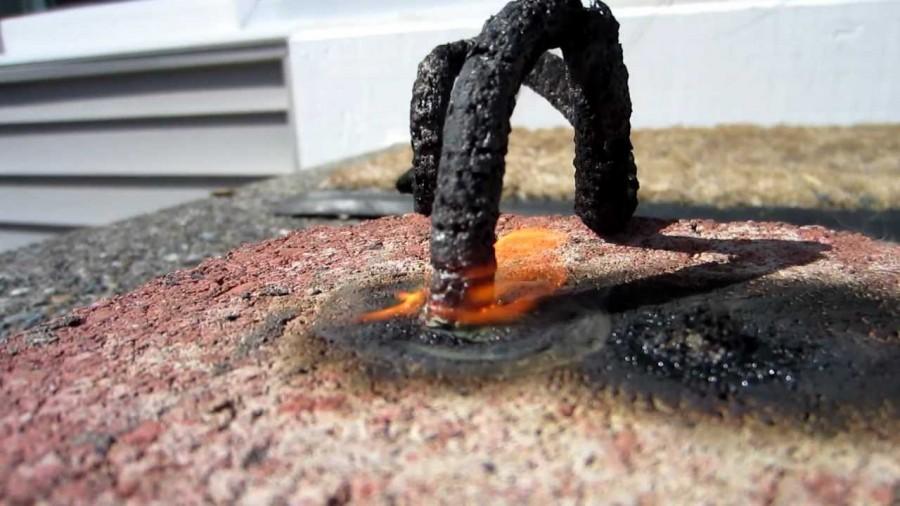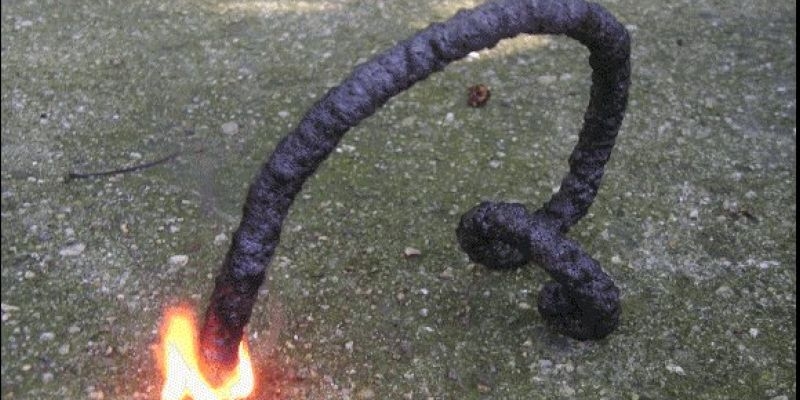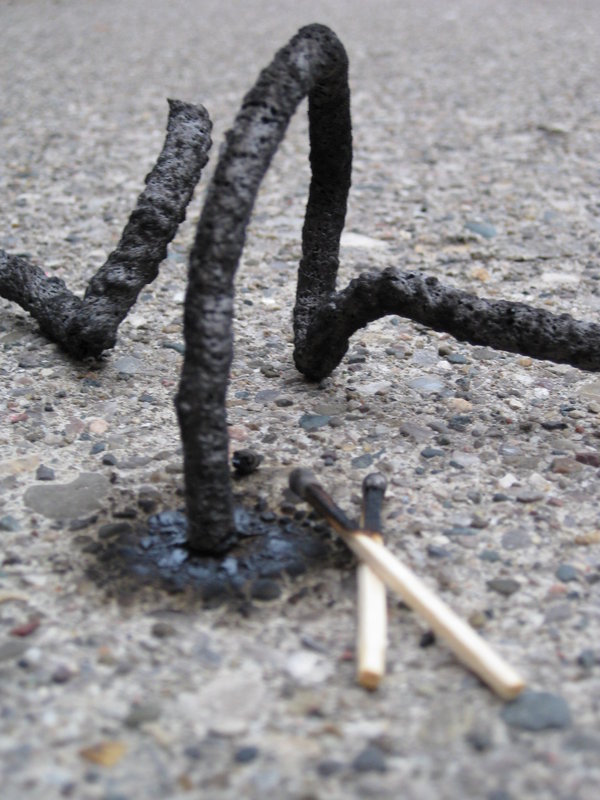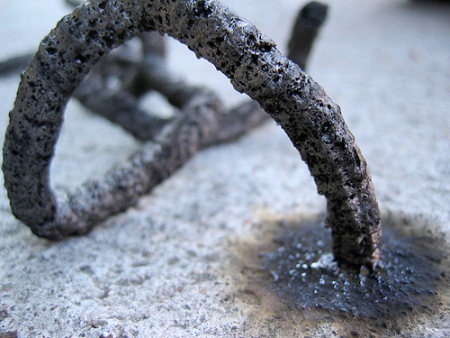1 of 5


Six popular firecrackers -- the snake tablet, the laad (string of 1,000 crackers), fuljhadi (sparkler), the pul-pul (string sparkler), the anar (flower-pot), the chakri (spinning firecracker) -- emit particulate matter 200 to 2,000 times the safe limits as designated by the World Health Organization (WHO), according to a 2016 study by Pune's Chest Research Foundation and students from the Interdisciplinary School of Health Sciences of the University of Pune.
2 of 5


The study used a light-scattering photometer, which counts the number of particles and converts them into mass, then expressed as µg/m³. The photometer recorded minute-by-minute levels of PM 2.5 over the duration of the study. The firecrackers tested were kept at distances normally kept by those who light them: For instance, the fuljhadi was kept at a distance of 1 ft, while the laad and anar were kept at a distance of 6 ft.
Advertisement1
3 of 5
![IndiaSpend analysed the study results and compared them to the PM 2.5 emitted by a single cigarette in a closed room of 50 m³, as a 2014 study published in medical journal Tumori did, to get the equivalent of cigarettes inhaled. Although the snake tablet burnt for only nine seconds, it produced the highest peak of PM 2.5 (64,500 mcg/m3) -- the equivalent of smoke from 464 cigarettes -- while the laad, which burnt for 48 seconds, produced high PM 2.5 levels of 38,540 µg/m³, equivalent to particulate matter emitted by 277 cigarettes. Firecracker snake,Smoke from firecracker snake,464 cigarettes,Diwali stories,Diwali specail stories]()

IndiaSpend analysed the study results and compared them to the PM 2.5 emitted by a single cigarette in a closed room of 50 m³, as a 2014 study published in medical journal Tumori did, to get the equivalent of cigarettes inhaled. Although the snake tablet burnt for only nine seconds, it produced the highest peak of PM 2.5 (64,500 mcg/m3) -- the equivalent of smoke from 464 cigarettes -- while the laad, which burnt for 48 seconds, produced high PM 2.5 levels of 38,540 µg/m³, equivalent to particulate matter emitted by 277 cigarettes.
4 of 5
![The snake, laad and pul-pul were the top three PM 2.5 producers, while the anar produced the lowest amount of PM 2.5. The anar perhaps produced the lowest levels because the smoke was measured at a height of 3 ft and a distance of 6 ft or it had better combustion, the researchers inferred. Firecracker snake,Smoke from firecracker snake,464 cigarettes,Diwali stories,Diwali specail stories]()

The snake, laad and pul-pul were the top three PM 2.5 producers, while the anar produced the lowest amount of PM 2.5. The anar perhaps produced the lowest levels because the smoke was measured at a height of 3 ft and a distance of 6 ft or it had better combustion, the researchers inferred.
5 of 5
![In general, particulate matter is considered dangerous to humans since it can reach the deepest portions of the lung. It is declared as a class 1 carcinogen by the International Agency for Research on Cancer and is also linked to heart disease and respiratory ailments. PM 2.5, 30 times finer than a human hair, is even more dangerous due to its tiny size and ability to accumulate in human organs and the blood. Firecracker snake,Smoke from firecracker snake,464 cigarettes,Diwali stories,Diwali specail stories]()

In general, particulate matter is considered dangerous to humans since it can reach the deepest portions of the lung. It is declared as a class 1 carcinogen by the International Agency for Research on Cancer and is also linked to heart disease and respiratory ailments. PM 2.5, 30 times finer than a human hair, is even more dangerous due to its tiny size and ability to accumulate in human organs and the blood.





